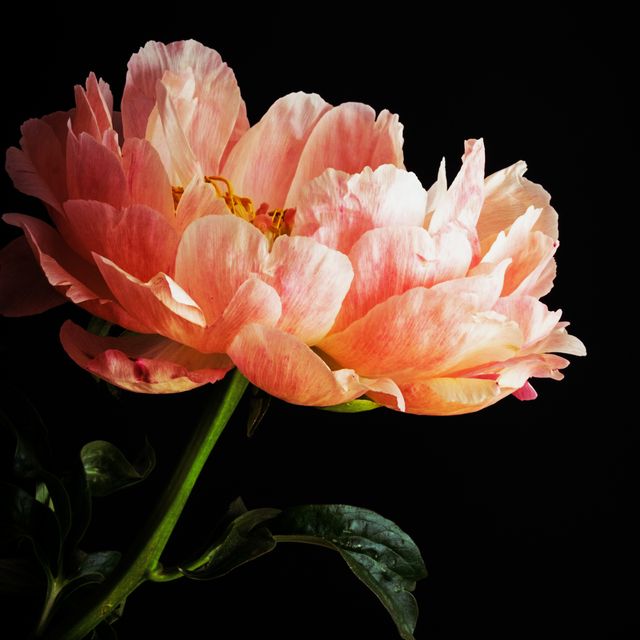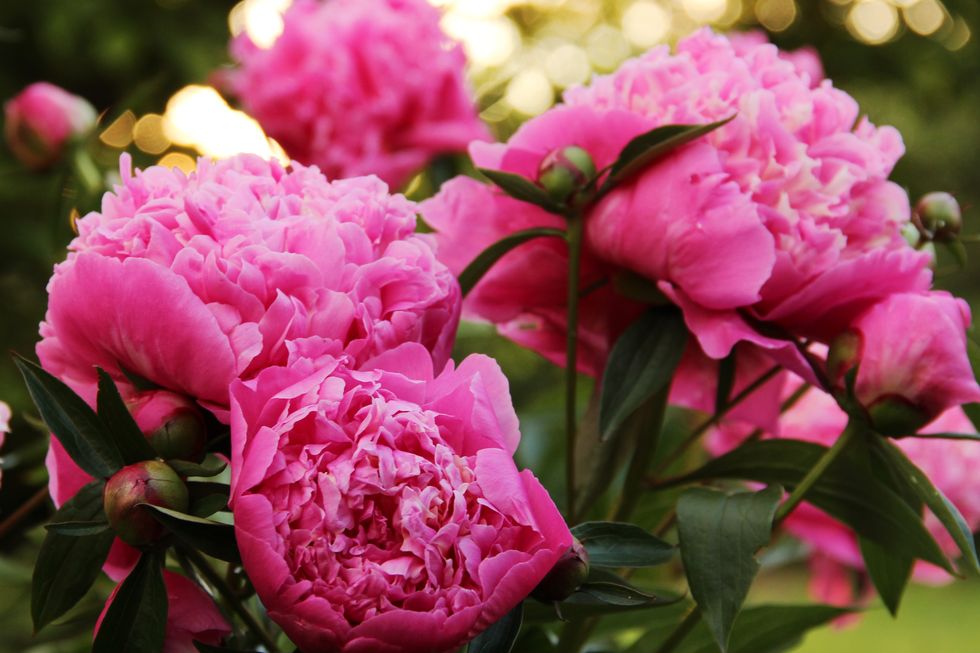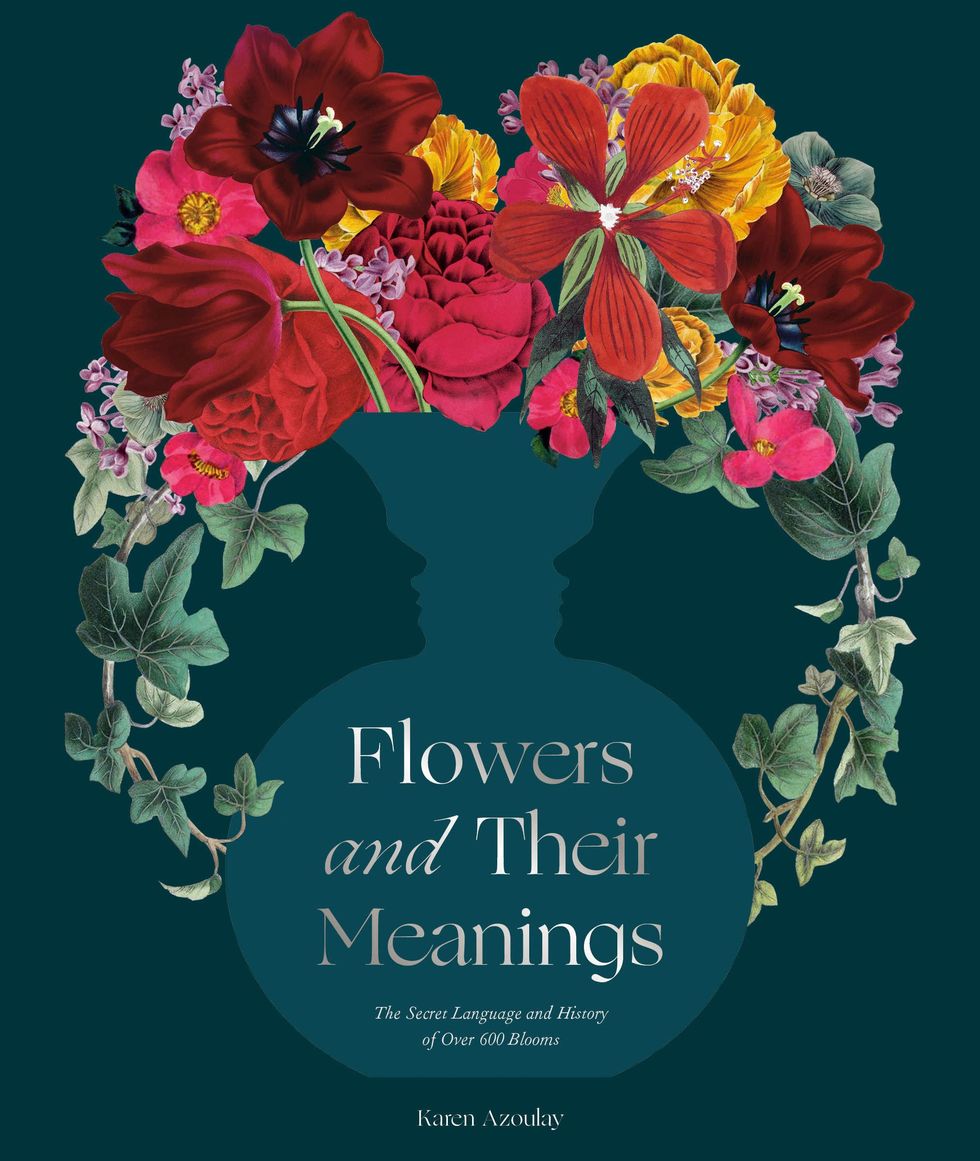The peony is a perennial favorite—who doesn't find themselves waiting for the moment they are in abundance at the market come springtime? And it turns out that these voluminous blooms aren't just a contemporary mainstay of floral arrangements and bridal bouquets—they have quite the history and have come to take on special meanings in certain cultures.
MORE: What Is the Meaning of the Lotus Flower
Lush, but still elegant, there are many things to know about the peony. The bud is the state flower of Indiana, for example. It's also the flower traditionally given to celebrate a 12th anniversary. Peonies are also known as the floral symbol of China, originally appearing in gardens in China and Japan, and then traveling westward to Europe and the Americas.
There are a few myths surrounding the peony and its origin. In Greek mythology, there a two stories of note. In the first, Paeon, the physician of the gods, cures Pluto of an illness with the liquid of the peony flower. This angered the god Asclepius, so in order to protect Paeon, Zeus transformed him into a flower. In the second, the nymph Paeonia attracts the attention of the god Apollo—and the ire of the goddess Aphrophdite, who promptly turned Paeonia into a flower out of jealousy. As a result of these two stories, the peony is associated with notions of healing and attraction.
But peonies aren't just associated with romance—they are also linked to symbols of bashfulness and shame. According to the book Flowers and Their Meanings: The Secret Language and History of Over 600 Blooms, by Karen Azoulay, the association between peonies and bashfulness originated from folklore in which mischievous nymphs hid within the petals of peonies.
Azoulay also explains that in China, the peony remains a symbol of wealth and rank. As the story goes, Empress Wu Zetian (the only woman to have ruled China), who was in power at the end of the eighth century, was disappointed that there were no flowers displayed while on a winter stroll at the imperial garden. Naturally, the Empress issued a decree for them to bloom, and according to the legend the following day, all of the flowers with the exception of the peonies had bloomed. As a result she had the buds burned... but they resiliently sprouted into red flowers, so she banished them to the city of Luoyang.
MORE: The Best Flowers for Each Astrological Sign
The peony has many associations and meanings, nearly as voluminous as its bulbous buds. Pro tip: the next time that you gift a bunch to a friend or loved one, take the time to explain the rich history that goes along with the bouquet. It will be sure to impress.
As the deputy digital lifestyle director at Town & Country, Roxanne Adamiyatt covers fashion, beauty, wellness, design and travel.















